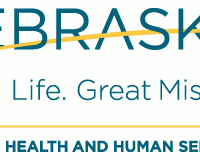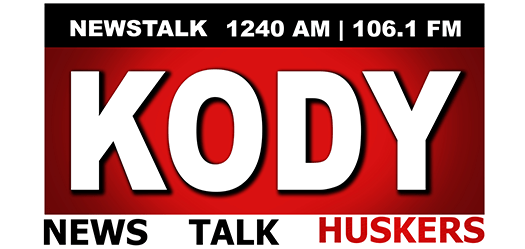
Lincoln, NE – April is National Financial Capability Month, and the Department of Health and Human Services (DHHS) is recognizing the occasion by highlighting the essential role economic assistance programs play in helping individuals and families achieve long-term financial independence.
Administered by the Office of Economic Assistance (OEA), economic assistance programs provide more than just immediate support. From the Supplemental Nutrition Assistance Program (SNAP) and Temporary Assistance for Needy Families (TANF) to child care subsidies and employment-focused services, these resources are designed to lift people up during challenging times—while also paving the way toward self-sufficiency.
“These programs are about more than just meeting basic needs,” said Shannon Grotrian, Director of OEA. “They’re about helping Nebraskans develop the skills, stability, and support they need to build a better future for themselves and their families.”
Through job training, education support, and employment-related services, economic mobility programs like Employment First and the SNAP Next Step offer a stepping stone for individuals ready to reenter the workforce or move toward greater financial security. Caseworkers across the state are focused on identifying barriers and helping clients set achievable goals—empowering them to take control of their financial journey.
National Financial Capability Month serves as a reminder of the importance of financial education, access to resources, and the ongoing support systems that help individuals thrive. By providing both short-term relief and long-term opportunities, Nebraska’s Economic Assistance programs are building stronger communities—one household at a time.
Start your journey to self-sufficiency by applying for services at https://iserve.nebraska.gov/.
To learn more about economic assistance, visit https://dhhs.ne.gov/Pages/economic-assistance.aspx.






